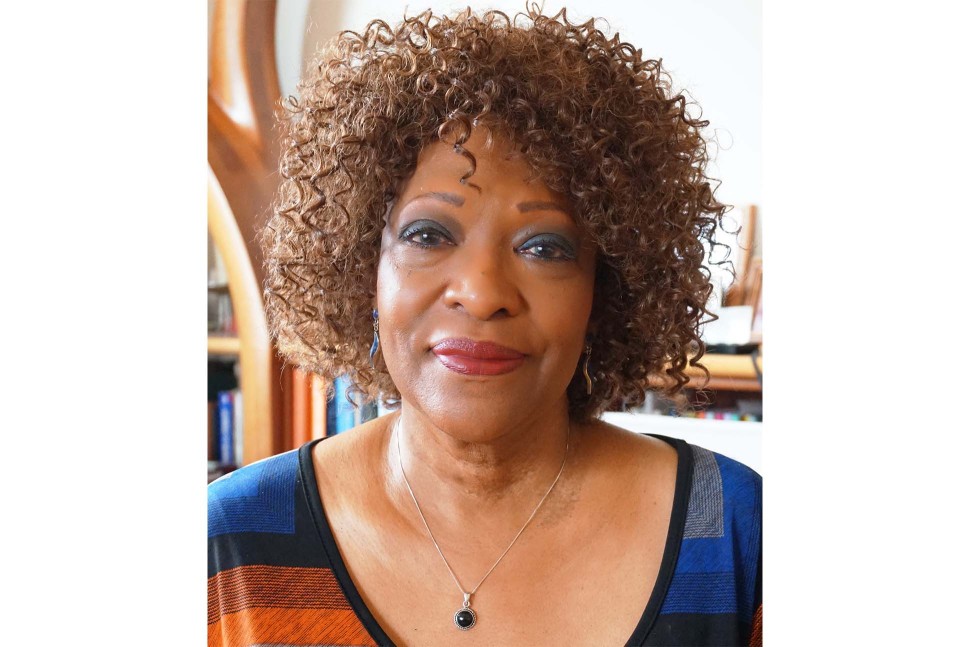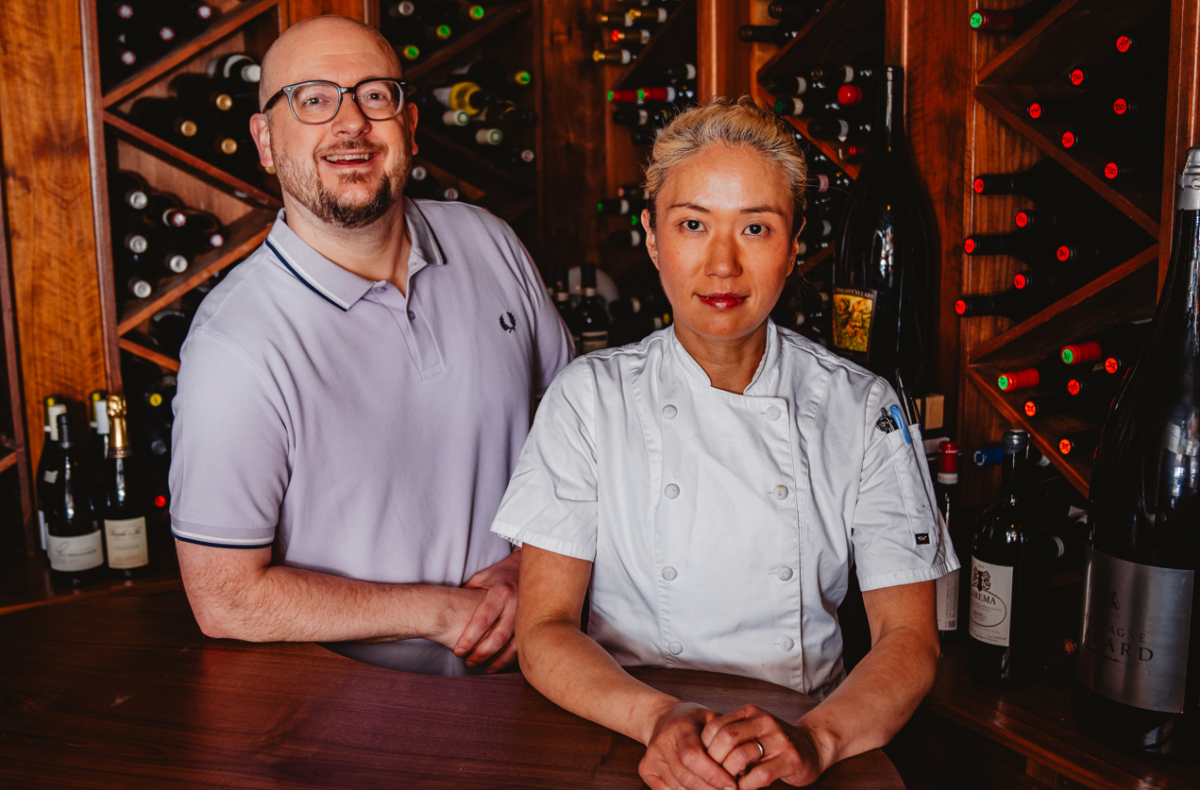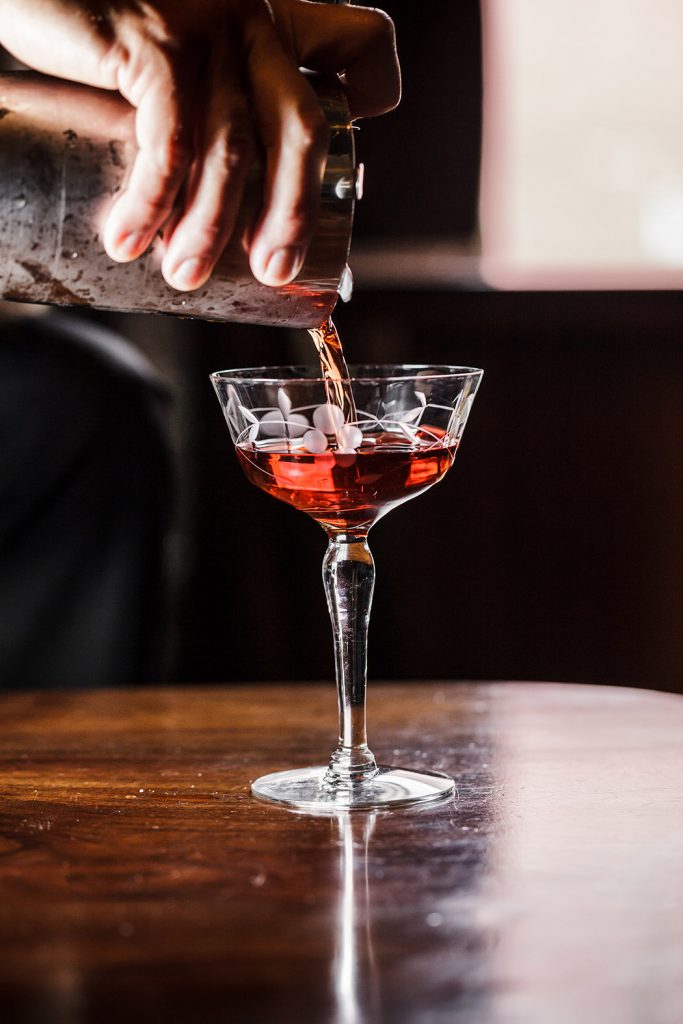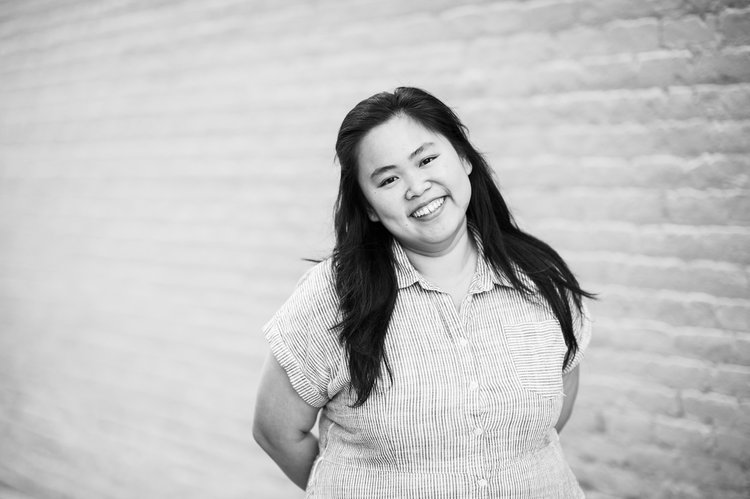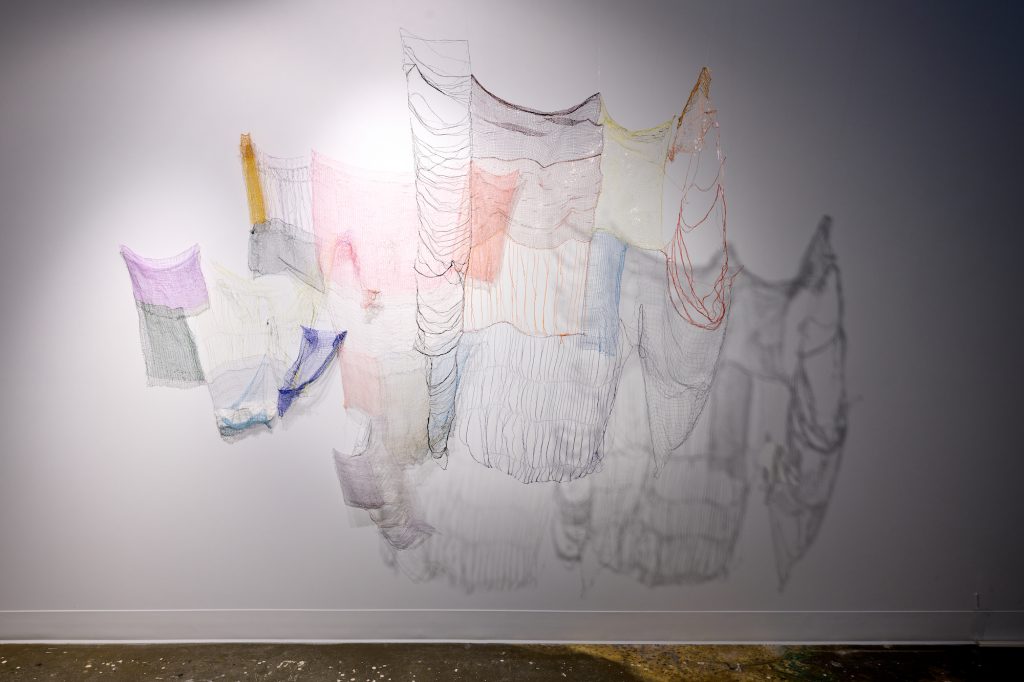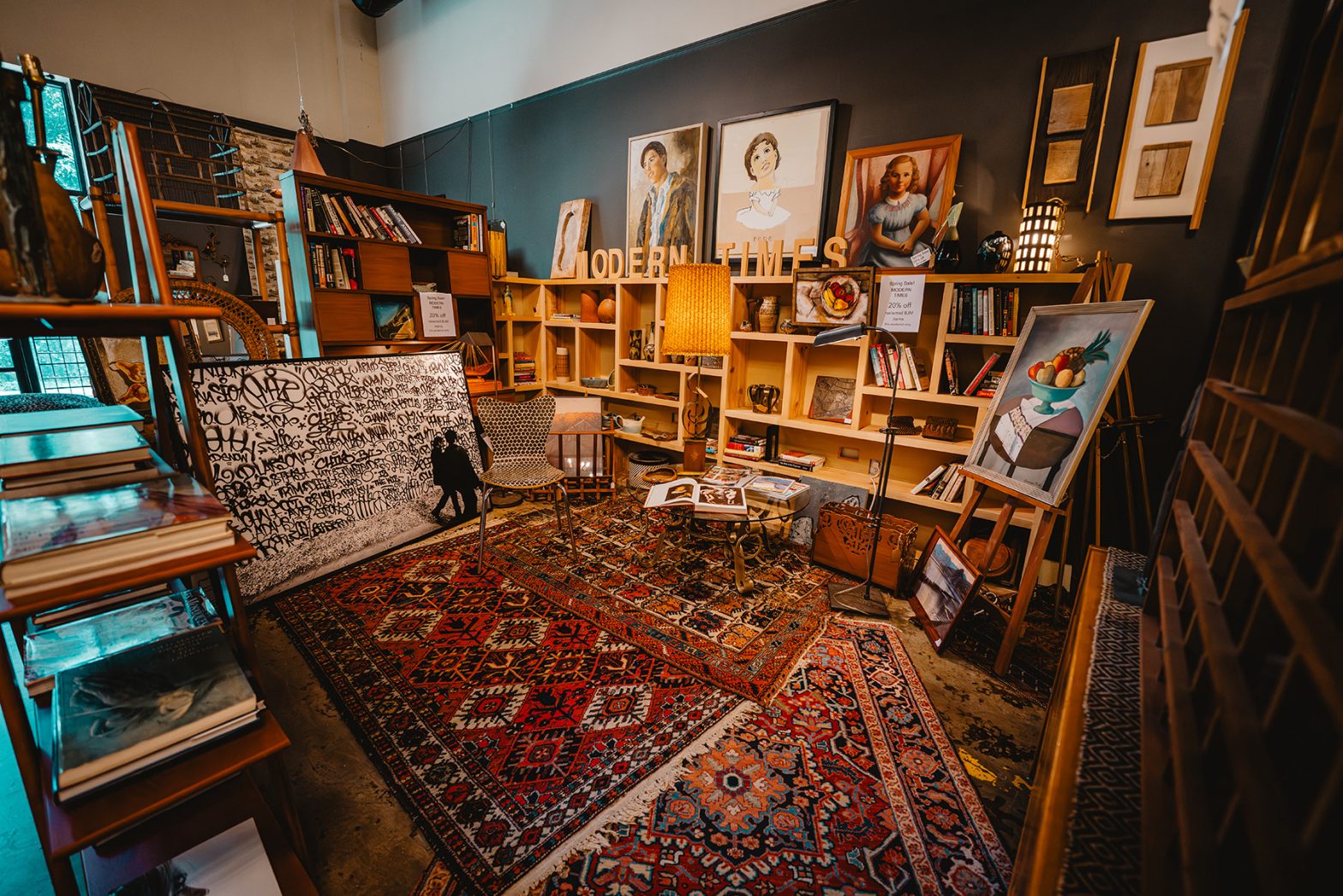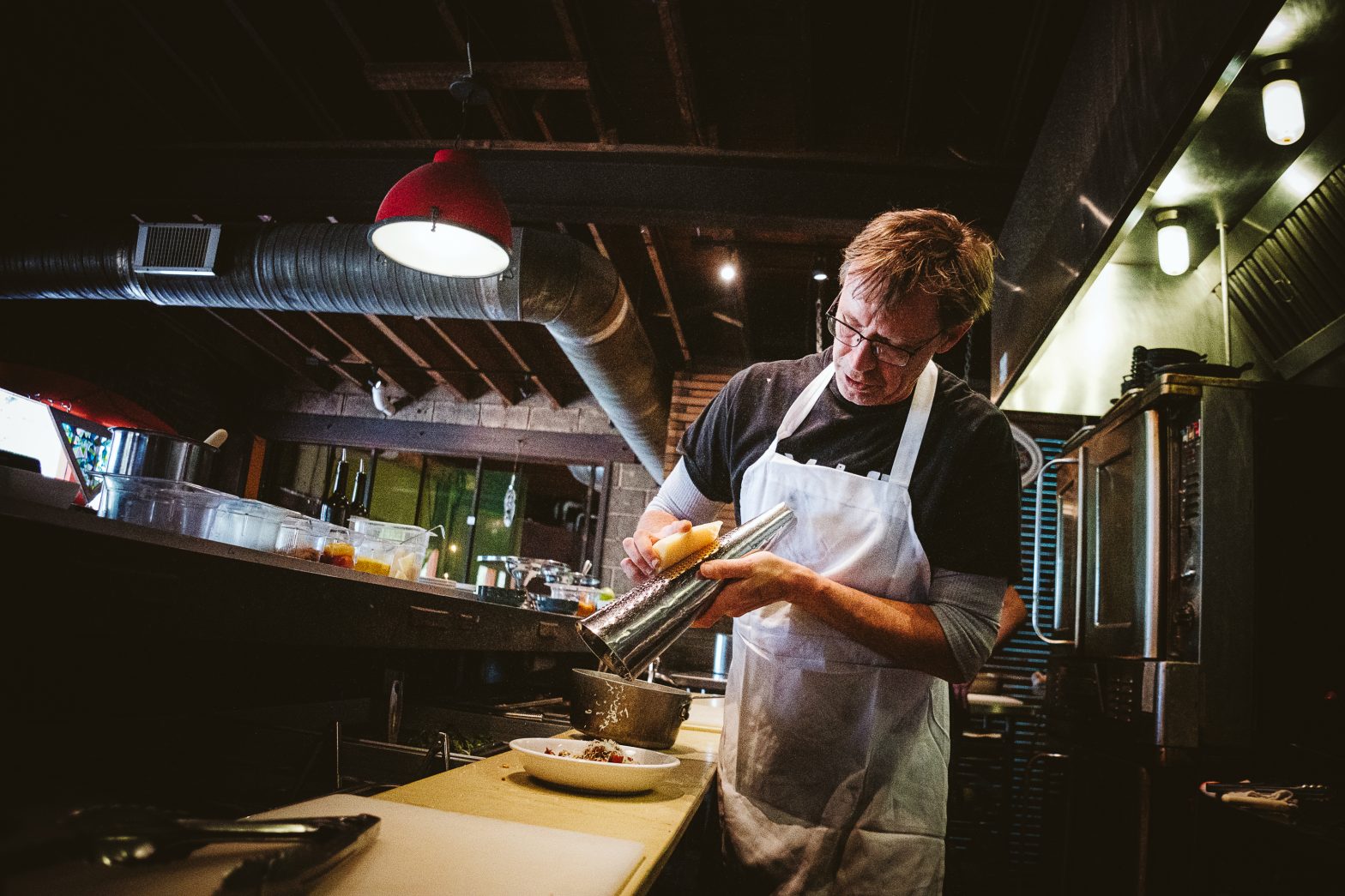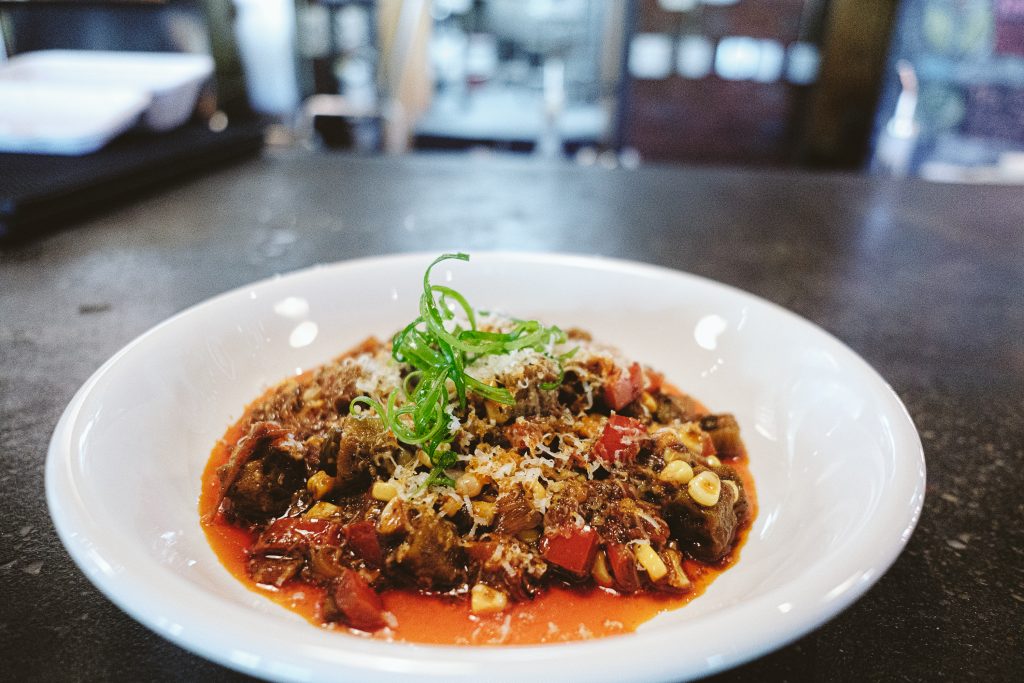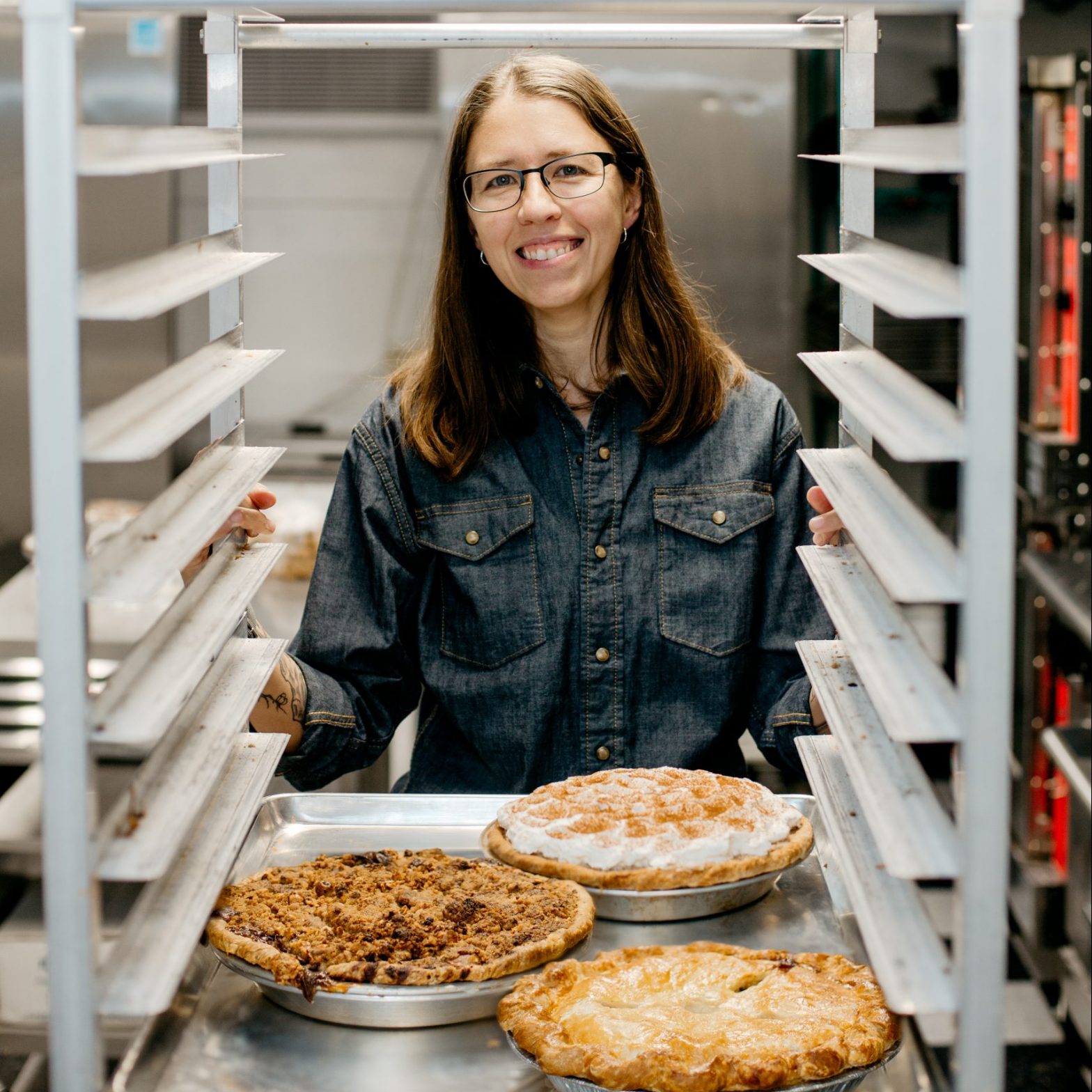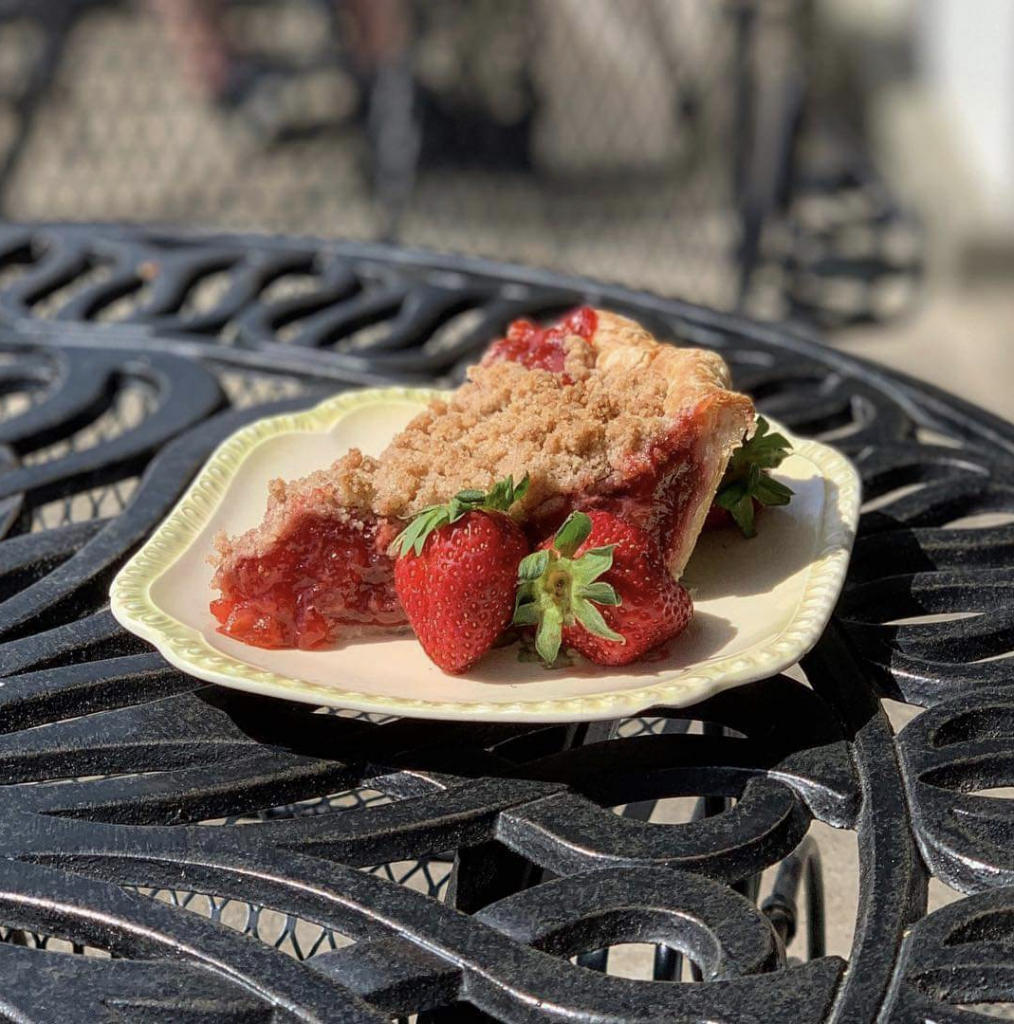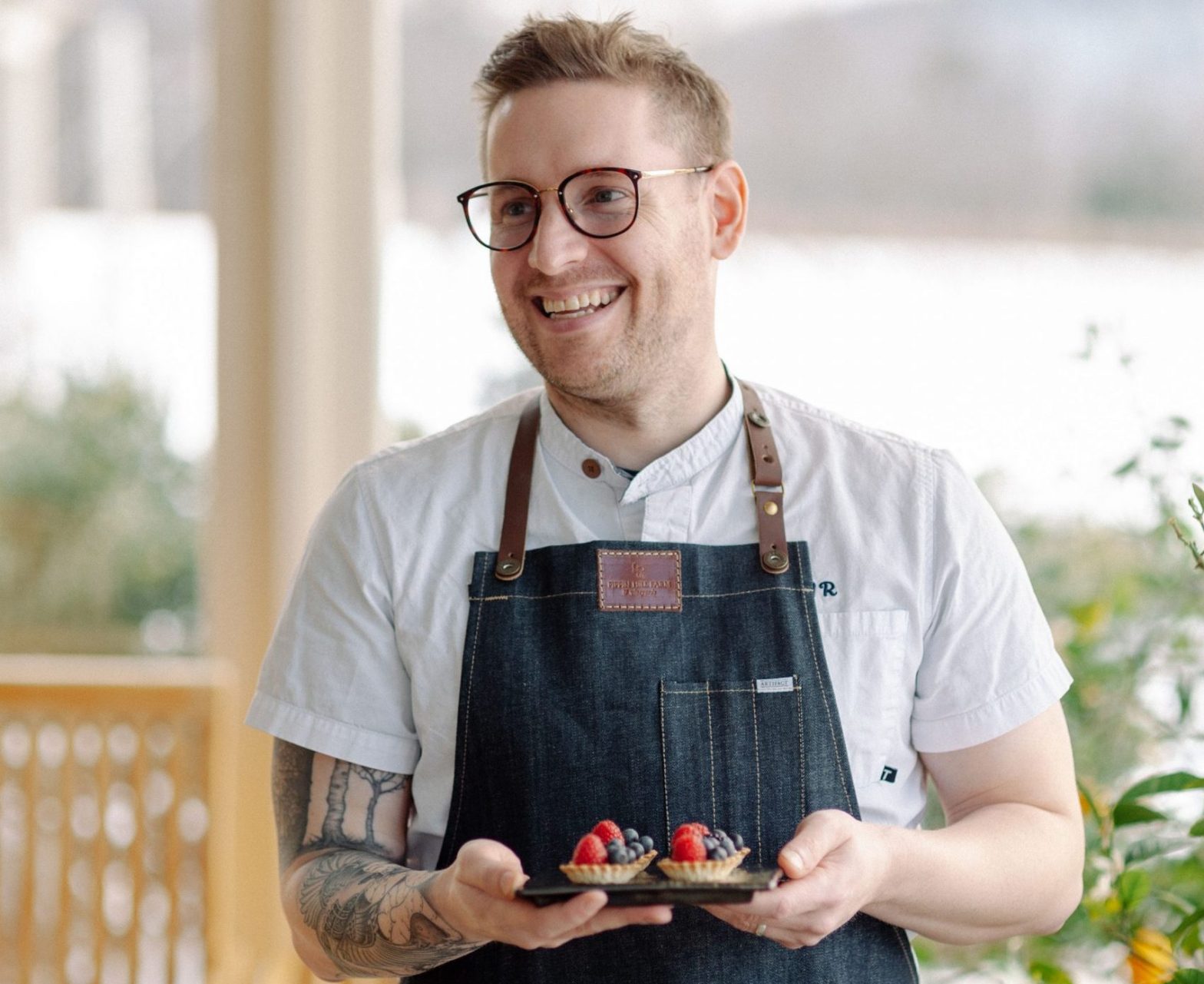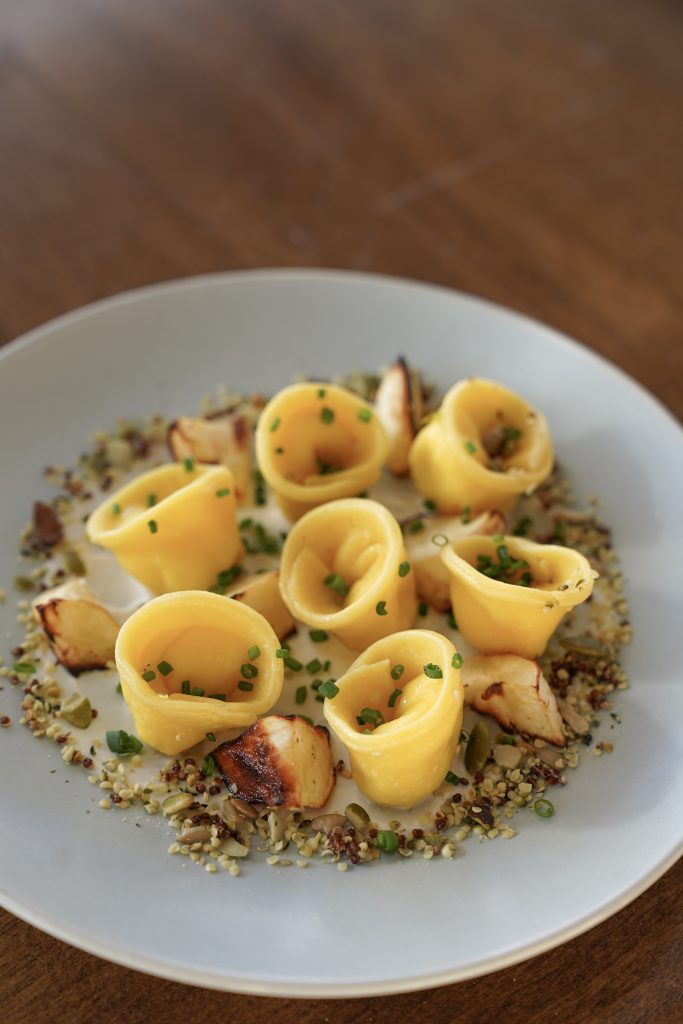Rita Dove was on sabbatical from the University of Virginia English department when Richard Danielpour emailed the U.S. Poet Laureate and Pulitzer Prize winner.
The Grammy Award-winning composer wanted to discuss collaborating on A Standing Witness, a cycle of songs that covers 50 years of American history, with original music set to poems as lyrics. The project was no small task. And Dove says that, at first glance, it seemed outside her wheelhouse. She was doing her own work, and she doesn’t write poems on spec or for occasions, but she does love collaboration and the way it can stretch the participating artists. When Danielpour said he had mezzo soprano Susan Graham in mind to perform the songs, Dove could visualize the project, and she signed on. C-VILLE Weekly spoke with Dove ahead of the Charlottesville premiere of A Standing Witness at Old Cabell Hall on Thursday, March 21.
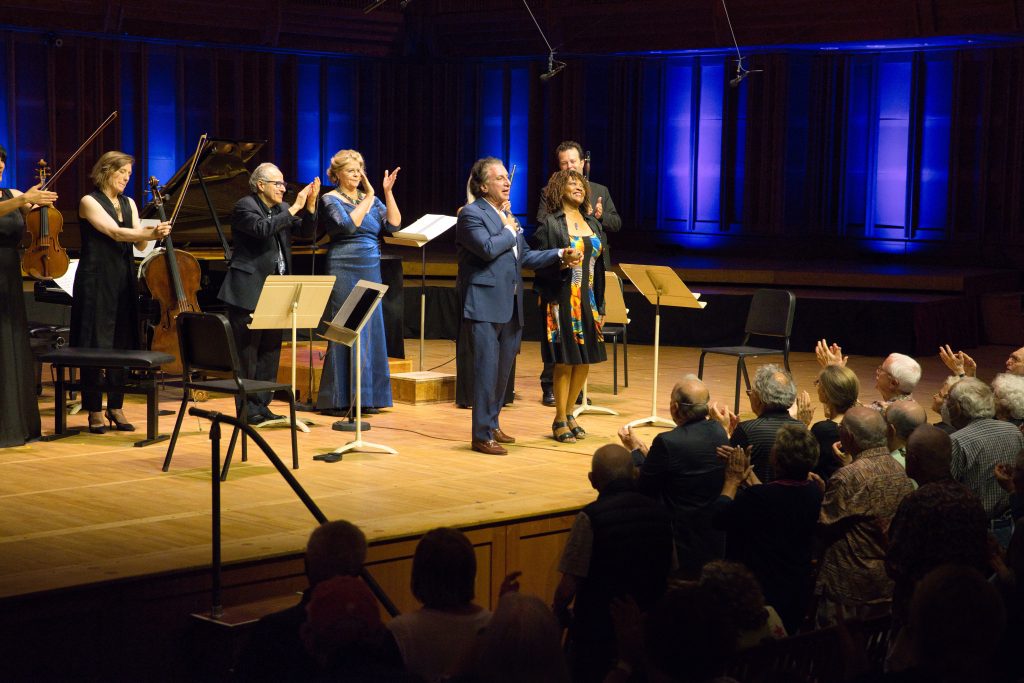
C-VILLE Weekly: Talk about the concept and collaboration process.
Rita Dove: First thing is to try to figure out what events you are going to talk about.
The whole sequence starts around 1968. Which also felt like a time when, in American history, we kind of turned around and looked and said, “This democracy is not what we thought it was. Things are cracking open.”
We seemed to be on the same wavelength. We started out with a whole process, with some touchstones. Halfway through, we took one out. I kind of said no.
Richard wanted to do the integration of Negro baseball leagues … but I thought we already had one with Muhammad Ali. We looked at the whole arc, and I said to Richard, “We need more women.” He agreed, and then Roe v. Wade came in … I was working on poems and I thought, “Roe vs. Wade. This changed everything in the world.” What I am trying to say is that it was a very fluid collaboration.
My way of working is to start in the middle of things. I was somewhere right around Woodstock, and poor Richard was waiting patiently for the first ones. He starts at the beginning. He said, “musically, I need the first ones.” We reached an artistic compromise where I gave him the first four poems … with the caveat that I might change a line or two. So once that started he was able to tolerate my bouncing around.
How long did the process take?
About a year. Year and a half. We did not meet. The first time I met Richard was at a performance of this piece. …I didn’t hear the music either.
I want these poems to stand as poems as well, not lyrics of music. For that reason, I didn’t want to hear the music. I didn’t have to hear the music. The first time I heard [A Standing Witness] was at The Kennedy Center after the pandemic.
How did you feel when you saw it for the first time?
I was terrified. Then I was terrifically relieved with the first song. I eventually forgot about the fact that these were my words.
What does it mean to you to put this onstage in Charlottesville?
It has always been my dream, and Richard and I talked about this, to have A Standing Witness come to Charlottesville. I mean, Charlottesville with its Thomas Jefferson and the whole, almost schizophrenic, history of this town. It felt like this is a lighting rod for the kind of conflicted democracy that we have.
This Standing Witness, by documenting or by bearing witness—I guess you could say testimonials to these stages along the way in history. I mean I think it’s … something that will really have resonance here.
I can imagine Susan standing there as a witness. It will feel like she is singing to Thomas Jefferson, “this is a country we have wrought.”
What can this type of collaboration teach us on a broader level?
Music is one of those mediums that penetrates us that has nothing to do with how educated we are or our class.
One of the things that I hope will happen is to remind the audience or infuse the audience with a historical memory. A reminder that these things happened in such a short space of time. Sixty years is not a lot. In a way it shows people why we are where we are today.
The theatrical aspect of it is that we are all in a room, strangers, for the duration of this piece. There’s no putting it down or flipping of the page. There’s no way you can say, “I’ll just close my eyes and listen to the orchestra,” because there’s this woman on stage, and her presence is amazing, and her singing, bearing witness. It comes out toward you.
Who would you like to see in the audience?
First I’d like to see a lot of young people in the audience because they were not around at that time. I’m sometimes amazed at how little my students know about U.S. history, even 20 years ago.
To know what people felt back then and the anxiety level and how that helped or contributed to actions. That’s something that’s very hard to convey. It’s something that history books really can’t tell you, but music and poetry can. They can bring you in like that.
I also hope the audience is extremely mixed. I hope we see older people there. I want to see people who are not connected to the university … this is for everyone.
With such a vast body of work, what stands out to you?
There’s so many things. One of the things that surprised me utterly, and of course changed my life, is when I got the Pulitzer. But I was not even dreaming of something like that.
Not every artist is prepared for the limelight. How was that for you?
Absolutely not prepared. I was very shy.
When I write, and when I wrote, it was such a wonderful space, and my solitude. In came this wonderful thing, but there were some thorns to it. So I had to learn how to balance … and learn how to put on a public face. The only reason I did not resent it as much as I could have was because I remembered my first exposure to poetry. Meeting my first poets.
Talk about when you first connected to poetry.
When I was about 10-11, I started reading Shakespeare’s plays—you know, go for the big book in the house—and luckily my parents didn’t tell me, “You won’t understand that.” I didn’t understand that this was poetry, but it was language that was singing.
I didn’t think poets were alive. They just existed in books. It wasn’t until I was in high school that I met my first poet. My teacher took us to a book signing … by John Ciardi of his translation of Dante’s Inferno. I didn’t know what the inferno was, but here he was, and I bought the book, and he signed it. I thought, “you did this?”
I mean, I’ve gone to the White House, that was cool. But the things that are really cool are if students do something. When I get a letter from someone who says their whole class is doing a unit of poetry … that’s what’s really exciting and means that someone has been woken up.
How do you spend time outside of your professional life?
My husband and I enjoy ballroom dancing and Argentine tango. Otherwise, I am an obsessive crossword puzzler. I always do my puzzles in ink. I can’t abide pencils.
Are you Wordle obsessed?
No. I don’t like Scrabble, you’d think I would … and the Wordle did not appeal to me. I love jigsaw puzzles, and I really like the wooden ones.
When you work with words, and are writing all the time … I just want to do something. I want to move my body.
